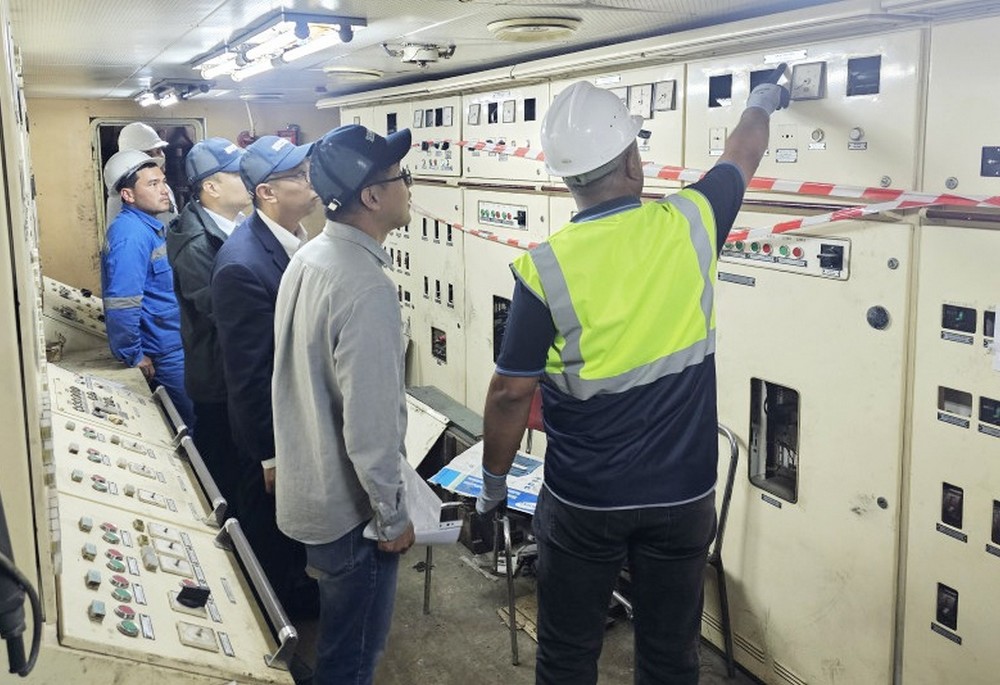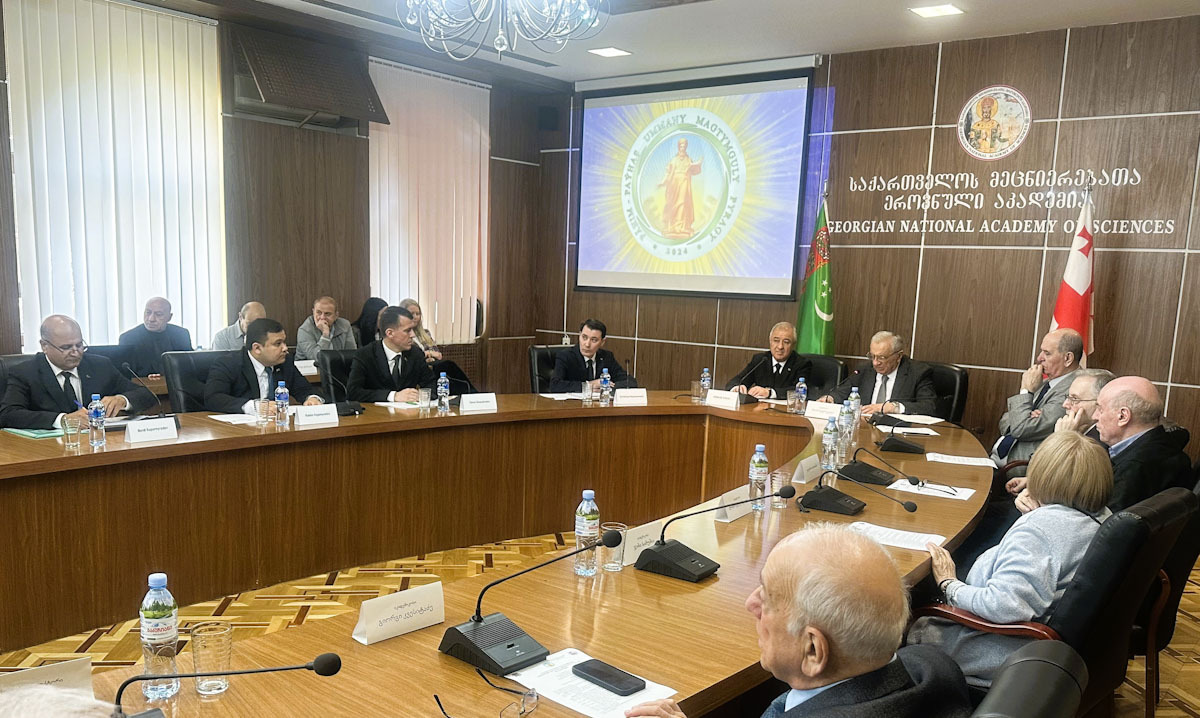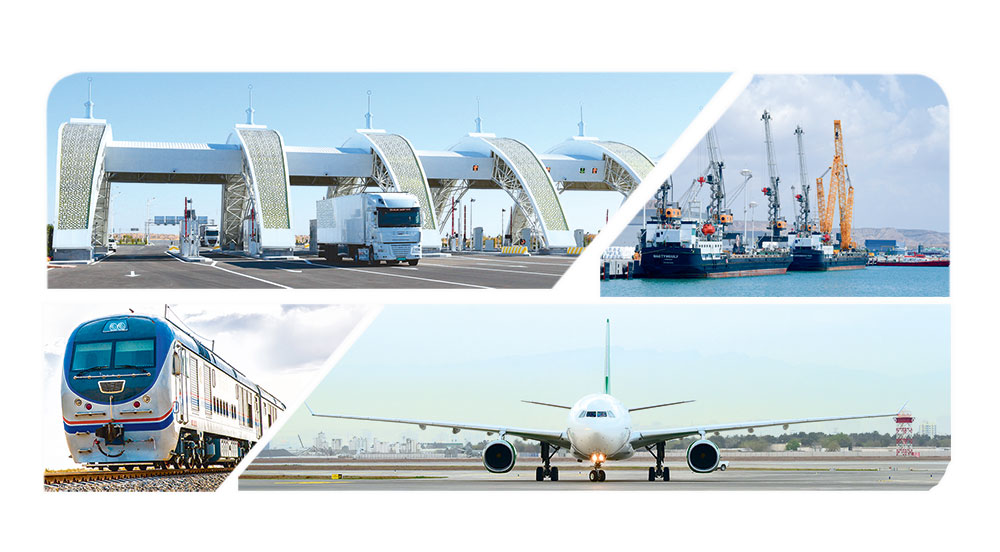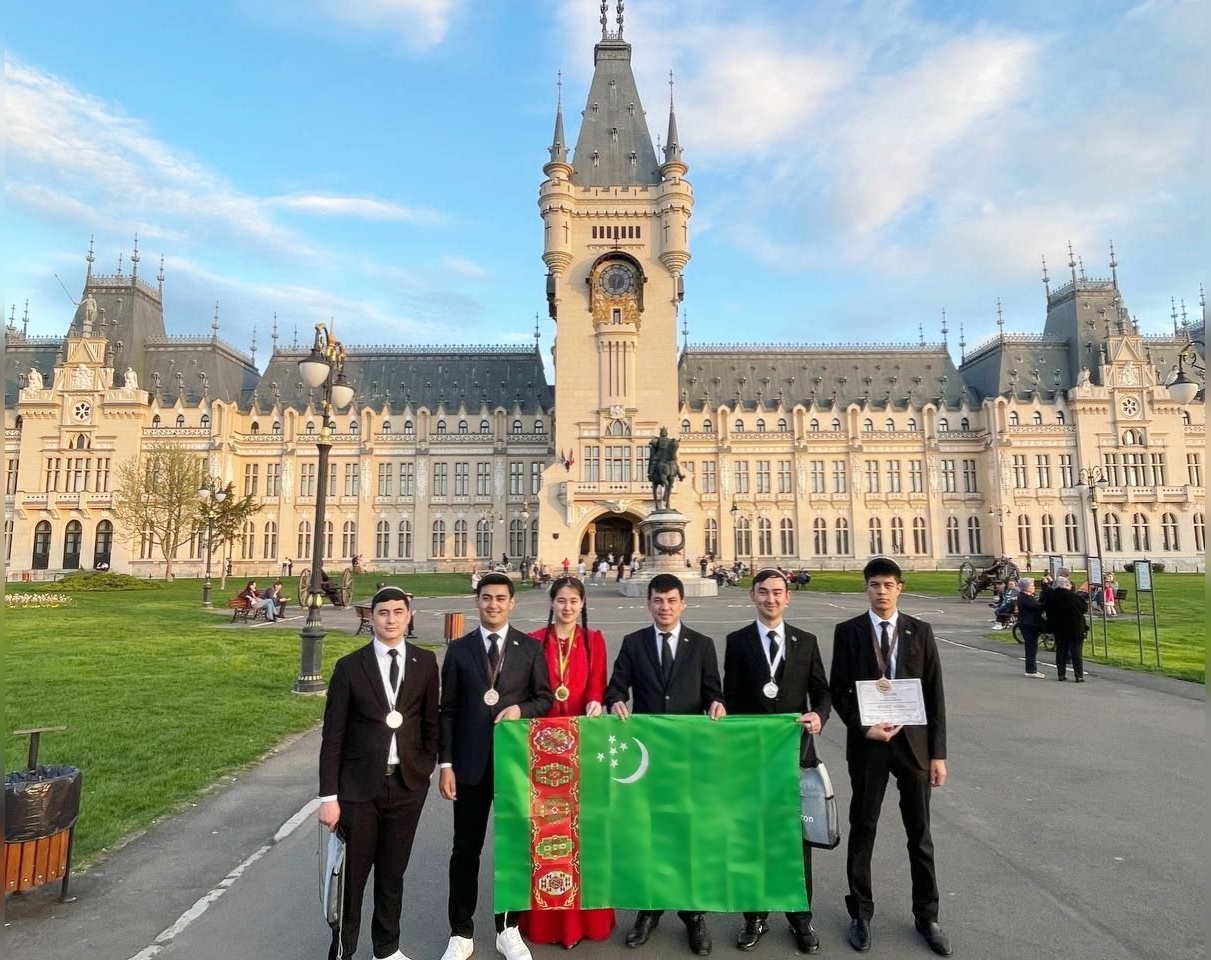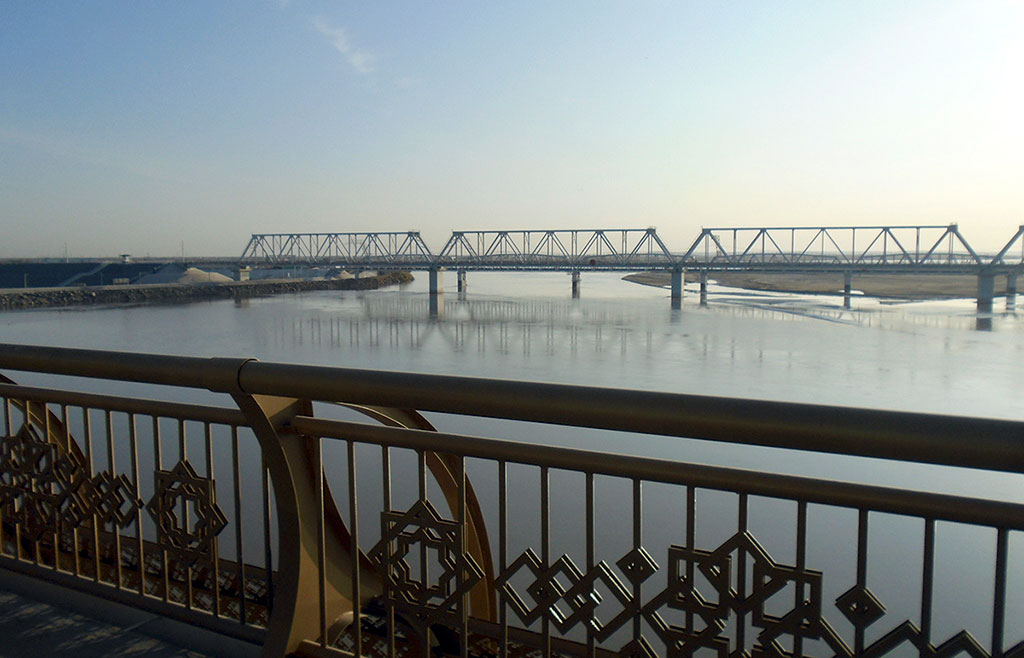
Considering the countries of Tajikistan that in the plan to build new hydroelectric power plants and Afghanistan’s the new river. Lower countries like Turkmenistan and Uzbekistan which unlike the upper countries, are engaged in cotton production and also taking into account the CA problem of the drought of the Aral Sea, the Amu Darya river needs a better agreement that has the basic elements for sustainable management and river control. The Amu Darya needs more sustainable cooperation by the coastal countries. At present, the river has several agreements on the control and regulation of main rivers of Central Asia, also Central Asia has several regional organizations such as IFAS and ICWC to control and manage the rivers, however these organizations are too weak for in order to effectively manage and control water resources. Subsequently, a negative tension appears between the countries.
To strengthen the relationship between countries located on the banks of the Amudarya river in the field of water resources management and to prevent conflicts between countries, the Amudarya needs agreements that have:
1. Scope of agreement:
- Type of water resource underground and aboveground;
- Precise definition of watercourse and use of water resources;
-Coverage of the agreement (geographical area);
2. Legal Norms:
- The principle of fair and reasonable use, principles of conservation and restoration of the ecosystem, principles of cooperation, and the rights of countries;
-Rules of content (general or accurate);
3. Procedural rules:
-Rules of procedure (obligation to cooperate);
- Notification system and information exchange between countries;
4. Institutional Mechanisms:
-Common (regional) organization as ICWC, IFAS, BWO;
-Organizations / bodies (Ministerial level; others) to resolve disputes and to achieve equity in the use and protection of water and natural resources;
5. Settlement of disputes:
-Prevention of disputes (consultations) ;
-Settlement of disputes ;
-Verification of compliance with requirements (reporting; simplification of procedures);
Applying the above five basic elements selected from international practice, it is possible to eliminate insecurity (in economic weak countries like Afghanistan) by mutual support between countries. All this is based on trust in the new clauses of the agreement. Thanks to the institutional framework, each coastal state will not be left alone with the expected problems that can be identified in frequent meetings with country representatives. Collaboration within the framework of the new agreement can be an important contribution that will allow earlier identification of potential sources of disagreement and the prevention of conflicts between riparian states, this contributing to the strengthening of peace and security. Continuous cooperation through the mechanisms of the Convention (such as creating transparency in the management and use of water at the national level, exchange data, joint work with institutions of other countries, transparency of data for neighboring countries along the river, borrowed assistance associated with experience in management or operation) allows you to by pass disagreements and solve problems.
Teacher of the River secondary vocational school of the city of Turkmenabat: D.Jumadurdyyev
